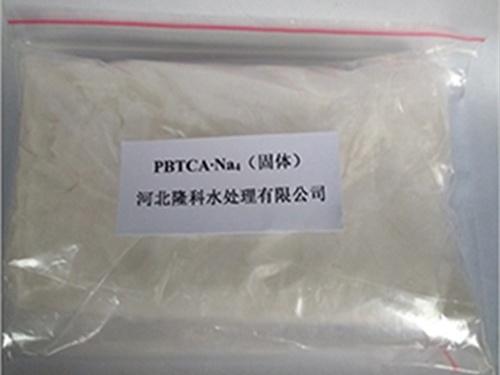flocculants used in water treatment
Flocculants Used in Water Treatment Enhancing Water Quality
Water treatment is a critical process that ensures the availability of clean and safe water for various uses, including drinking, agricultural irrigation, and industrial processes. One of the key components in water treatment is the use of flocculants, which play a crucial role in removing suspended solids and impurities from water. This article explores the types and functions of flocculants, their application in water treatment, and their impact on water quality improvement.
Flocculants are substances that promote the agglomeration of particles in suspension, forming larger clusters known as 'flocs.' These flocs can then be easily removed from water through sedimentation or filtration. There are two primary categories of flocculants inorganic and organic. Inorganic flocculants, such as alum (aluminum sulfate) and ferric chloride, work by neutralizing the charge on suspended particles, allowing them to bond together. Organic flocculants, on the other hand, are typically synthetic polymers that can effectively bridge particles and enhance the floc formation process.
The choice of flocculant depends on several factors, including the types of contaminants present in the water, the desired clarity, and the specific removal processes used in the treatment plant. For instance, in potable water treatment, alum is often preferred due to its effectiveness and low cost. Its use leads to significant reductions in turbidity and other impurities, making water safe for consumption.
flocculants used in water treatment

The application of flocculants is not limited to drinking water treatment; they are also widely used in wastewater treatment processes. In industrial settings, flocculants help in the separation of solids from liquids, thereby improving the efficiency of wastewater treatment systems. Additionally, they are employed in processes such as clarification and thickening in various industries.
The environmental implications of using flocculants must also be considered. While they are effective in enhancing water quality, the potential for chemical residuals in the treated water necessitates careful monitoring. Regulatory guidelines govern the acceptable limits of flocculants to minimize potential negative impacts on ecosystems.
In conclusion, flocculants are indispensable in water treatment, playing a vital role in improving water quality by facilitating the removal of suspended solids. Their application spans both potable and wastewater treatment, making them a cornerstone of modern water management practices. The ongoing research and development in flocculant formulations continue to enhance their effectiveness and reduce environmental impacts, ensuring sustainable access to clean water for communities worldwide. As we face increasing water scarcity and pollution, the role of flocculants in water treatment will likely become even more critical in the years to come.
-
Water Treatment with Flocculant Water TreatmentNewsJun.12,2025
-
Polymaleic AnhydrideNewsJun.12,2025
-
Polyaspartic AcidNewsJun.12,2025
-
Enhance Industrial Processes with IsothiazolinonesNewsJun.12,2025
-
Enhance Industrial Processes with PBTCA SolutionsNewsJun.12,2025
-
Dodecyldimethylbenzylammonium Chloride SolutionsNewsJun.12,2025





